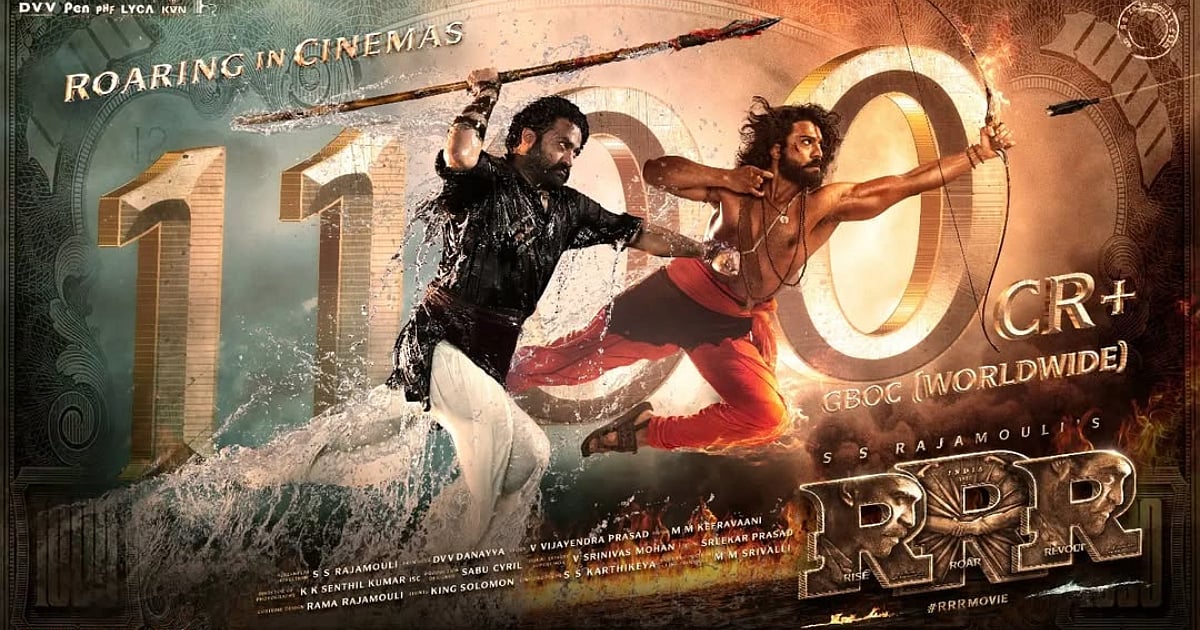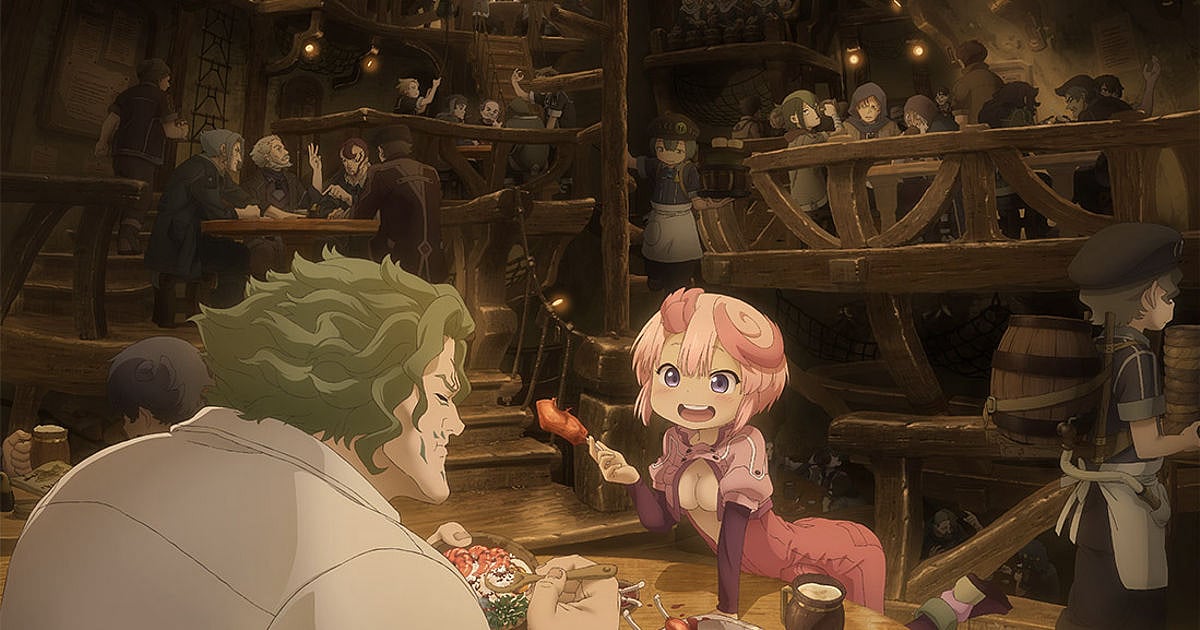
From a Handheld Game to an AI Future: The Surprising Sci-Fi Legacy of Tron.
Before Tron: Ares, There Was a Handheld Game That Started It All
A forgotten handheld game arrived alongside the movie and helped build a franchise that's still ahead of its time.
Highlights
- The Tron franchise began with a TomyTronic handheld game.
- The arcade game adaptation earned more money than the first film.
- The upcoming sequel, Tron: Ares, ties the franchise's story to modern AI theme.
Ask anyone about Tron, and they'll tell you about the dazzling 1982 movie, a sci-fi landmark that transported audiences into a glowing digital world of light cycles and rogue programs. But here's a piece of trivia that even devoted fans might miss: around the same time the film arrived, something else emerged that let people experience the Grid in an entirely different way. A small plastic handheld game offered an interactive portal into Tron's universe, becoming one of the earliest pieces of merchandise tied to the franchise.
Released by Takara Tomy around 1981-1982, the TomyTronic Tron handheld was among the very first Tron products available to the public. Whether it hit store shelves just before or shortly after the film's theatrical release remains a bit of a mystery, sources conflict on the exact timing, but what's clear is that it arrived as part of that initial wave of Tron fever. This wasn't just some cheap tie-in churned out to capitalize on hype. It was a surprisingly sophisticated gadget for its era, featuring a Vacuum Fluorescent Display that created a simulated 3D effect, impressive technology for a tabletop device. The game included three challenges pulled straight from the film's concept: the legendary Light Cycles, fierce disc combat, and a climactic battle against the Master Control Program.
It was one of the first times anyone could truly play in the world of Tron, establishing a connection between the franchise and gaming that would prove prescient for decades to come.
The Movie That Dared to Dream
The film itself emerged from director Steven Lisberger's fascination with early video games like Pong. He wondered what it would be like to inhabit the world on the other side of the screen, to be the character dodging and weaving through digital space. That daydream evolved into the 1982 movie, which followed programmer Kevin Flynn, played with effortless cool by Jeff Bridges, as he's digitized and pulled into a virtual reality where programs fight for survival.
Tron was a technical marvel, blending live action with computer-generated imagery on a scale never attempted before. Only about 15 to 20 minutes of the film consisted of true CGI. The rest of that iconic glowing aesthetic was achieved through a painstaking, frame-by-frame process of backlit animation.
The technology was so new and misunderstood that the Academy of Motion Picture Arts and Sciences famously disqualified Tron for Best Visual Effects, arguing that using a computer was an unfair advantage.
The film wasn't a runaway blockbuster, earning a modest $33 million worldwide. But its futuristic vision captured imaginations, earning it a cult following and inspiring a generation of filmmakers, including Pixar’s John Lasseter, who has cited Tron as a key influence behind Toy Story.
When the Game Becomes Bigger Than the Movie
Just one month after the film hit theaters, Bally Midway released the Tron arcade game, and it became an absolute phenomenon. The cabinet featured four mini-games: Light Cycles, Grid Bugs, Tanks, and the MCP Cone, and drew massive crowds at arcades across the country.
While the movie posted respectable numbers, the arcade game was a financial juggernaut. It sold somewhere between 10,000 and 12,000 cabinets at roughly $3,000 apiece, generating an estimated $30 to $36 million in hardware revenue alone. Even more impressively, it pulled in a staggering $100 to $200 million in quarters from players worldwide.
The game didn't just support the movie, it obliterated its box office returns. This was a landmark moment in entertainment history, one of the first times a video game adaptation became a bigger cultural and financial force than its source material. It was a sign of things to come, a preview of how gaming would eventually rival and sometimes surpass film as a storytelling medium.
Keeping the Legacy Alive Through Games and Sequels
The Tron universe persisted through the years, even when Hollywood seemed ready to forget it.
Tron 2.0 (2003): This PC game served as an official sequel for years, following the son of the original film's hero, Alan Bradley. While critics loved it, it didn't sell well and was later removed from the official canon to make way for new stories.
Tron: Legacy (2010): Disney finally delivered a big-screen sequel with this visually stunning film. Directed by Joseph Kosinski, it followed Flynn’s son, Sam, into a beautifully updated Grid. It grossed over $400 million worldwide.
Tron: Uprising (2012-2013): This animated series is a fan favourite and critical darling. Set between the two films, it told a mature, dark story about a rebellion inside the Grid. Despite its high praise, it was sadly cancelled after just one season due to low viewership.
Tron: Evolution (2010): A video game prequel to Tron: Legacy, it filled in some story gaps but received mixed reviews from critics.
The Grid Reboots
After lighting up its world premiere in Los Angeles on October 6, the highly anticipated Tron: Ares arrives in theaters today. This time, the premise is inverted: a sentient AI program named Ares, played by Jared Leto, is dispatched from the digital world into ours on a world-changing mission.
Directed by Joachim Rønning, known for Pirates of the Caribbean: Dead Men Tell No Tales, the film explores humanity's first direct contact with an artificial intelligence being. The cast includes Greta Lee, Evan Peters, Jodie Turner-Smith, and Cameron Monaghan, with Disney confirming the much-anticipated return of Jeff Bridges to the franchise. Composer Joseph Trapanese, who worked on both Tron: Legacy and Tron: Uprising, returns to score the film.
The timing feels almost uncanny. "We started working on the movie nine or 10 years ago, and nobody was talking about AI," Leto told Digital Spy at the London premiere. "Now everybody's talking about it."
From its early days, when handheld games and arcade cabinets brought the Grid to life alongside the groundbreaking film, to a movie that was too advanced for its own Academy, the Tron franchise has always been ahead of the curve. It explored virtual reality and artificial intelligence long before they dominated headlines and dinner table conversations. With Tron: Ares arriving at a moment when AI anxiety and fascination have reached fever pitch, the franchise proves it's more than nostalgic sci-fi. It's a mirror reflecting our evolving, complicated relationship with the technology we create.
The Grid, it seems, was always meant to be more than entertainment. It was prophecy.

Author
Krishna Goswami is a content writer at Outlook India, where she delves into the vibrant worlds of pop culture, gaming, and esports. A graduate of the Indian Institute of Mass Communication (IIMC) with a PG Diploma in English Journalism, she brings a strong journalistic foundation to her work. Her prior newsroom experience equips her to deliver sharp, insightful, and engaging content on the latest trends in the digital world.
Krishna Goswami is a content writer at Outlook India, where she delves into the vibrant worlds of pop culture, gaming, and esports. A graduate of the Indian Institute of Mass Communication (IIMC) with a PG Diploma in English Journalism, she brings a strong journalistic foundation to her work. Her prior newsroom experience equips her to deliver sharp, insightful, and engaging content on the latest trends in the digital world.
Related Articles







